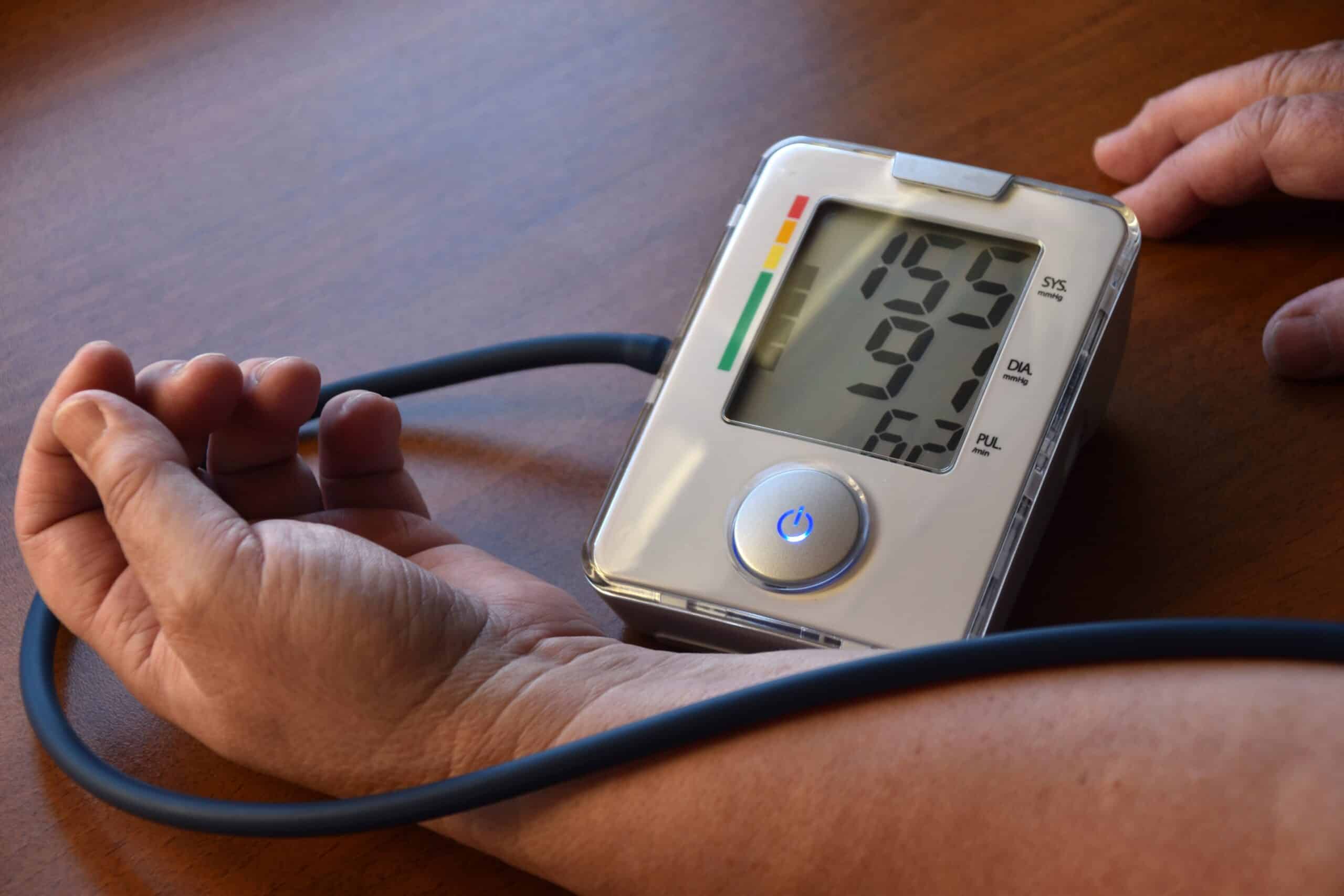A nephrologist is a medical professional who specialises in kidney care and handles all kidney-related medical conditions. The term is derived from a Greek word “nephros” that usually means kidney or renal and “ologist” refers to the person who studies about this system. A nephrologist is responsible for diagnosing and treating kidney related medical problems. They are responsible for solving acute as well as chronic kidney disorders. A human might fall ill due to kidney issues, these issues include high blood pressure, fluid retention, and electrolyte and mineral imbalances. Nephrologists work together with general practitioners and other specialists to offer patients with renal difficulties specialised care, which is a crucial part of the healthcare system. They are skilled at assessing kidney function, identifying kidney illnesses through imaging and laboratory tests, and creating specialised treatment regimens.
Your doctors can generally resolve the most basic kidney problems. However, there are times when your neighbourhood doctor is unable to recognise the problem. In such a situation, it is crucial to speak with a specialist who is qualified to identify and address kidney-related problems. Although regular or weekly monitoring can help you to assess the issue but in case of below mentioned issues, you must look for a specialist.
- High blood pressure
- Diabetes
- Heart disease
- Family history of kidney problems
- Urinary issues
- Kidney stone
- Urinary Tract Infection
Equally, some common symptoms of kidney disorders are-
- Swelling: Swelling in the legs, ankles, the eyes, face, or hands.
- Fatigue and weakness that makes you feel lethargic and weak as well as low stamina.
- Pain and discomfort in abdomen, sides as well as kidney stones that may cause severe pain that radiates to the lower abdomen and groin area.
- Loss of appetite and weight changes.
- Nausea and vomiting.
The crucial functions of nephrologists are-
Identifying and treating kidney issues:
A nephrologist is responsible for using various diagnostic techniques to identify and treat kidney disorders. The diagnostic process may include some laboratory tests that include urine tests, blood tests and imaging studies. Along with the mentioned tests, kidney biopsies play an equal role in determining the kidney problem.
Managing Chronic Kidney Disease (CKD):
Nephrologists specialize in treating CKD. CKD is an unusual loss of kidney function that gradually develops. During such circumstances, a nephrologist works closely with the patient’s health and helps slow down the progression of the disease. A person suffering from CKD will have to follow prescribed medications and a modified lifestyle suggested by the kidney health expert.
Treating electrolyte abnormalities and hypertension:
High blood pressure is one of the common factors that affect the functions of the kidney. Nephrologists are experts when it comes to managing high blood pressure and addressing electrolyte imbalances such as high or low levels of sodium, potassium, or calcium in the body.
Working jointly with other medical experts:
Nephrologists work in coordination with other experts in the medical branch. Physicians, urologists, surgeons, along with nephrologists provide the utmost care to patients suffering from kidney diseases.
Providing care for kidney transplants and dialysis:
A nephrologist is always involved in the treatment process of a patient who is undergoing dialysis. Furthermore, they evaluate and study the condition of the patient who is recommended for a kidney transplant and provide post-transplant care.
Nephrologists undergo extensive medical training and typically complete a residency in internal medicine followed by a nephrology fellowship. This specialized training equips them with the expertise to diagnose and manage a wide range of kidney disorders, ultimately aiming to improve patients’ kidney health and overall well-being.















